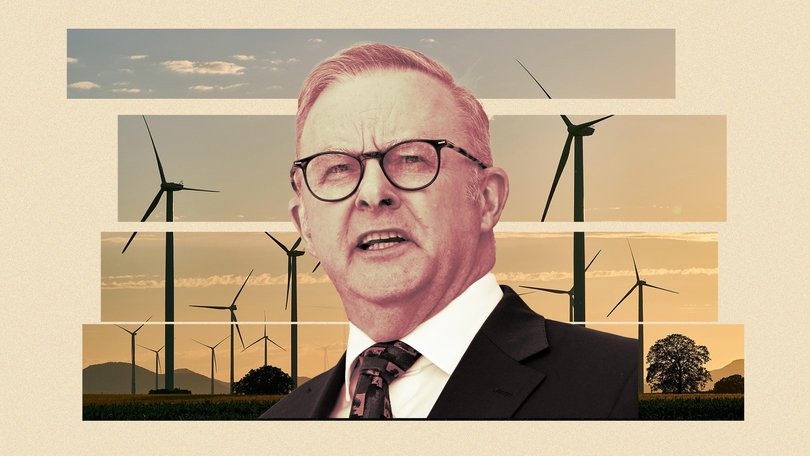AARON PATRICK: Anthony Albanese’s new environmental laws will damage an Australian success story
AARON PATRICK: Labor’s deal to create a new environmental agency will have the unfortunate consequence of damaging an Australian success story.

Last weekend, at a meeting of world leaders in South Africa, Anthony Albanese said natural gas was crucial for the conversion of Australia’s power grid from predominately coal-driven to less-predictable solar and wind.
Four days later, he cut a deal with the Greens party that damages the gas industry, which supplies almost half Australia’s homes with energy.
Under an agreement to create an Environment Protection Agency, gas and coal projects have been excluded from what supporters refer to as “streamlined pathways” and opponents calls “fast-tracked approvals”.
Sign up to The Nightly's newsletters.
Get the first look at the digital newspaper, curated daily stories and breaking headlines delivered to your inbox.
By continuing you agree to our Terms and Privacy Policy.A more accurate description for the accelerated bureaucratic designation might be: Less incredibly slow.
Despite their huge contribution to the development of Australia, in terms of taxes, employment and technological advancement, major gas projects take longer to be approved than many marriages last.
The development of NSW’s Narrabri field, which could supply half the state’s gas, has cost Santos $1.5 billion over a decade — without being signed off by the courts or the company.
More gas would make life cheaper for homes and businesses, and help revive manufacturing, one of the Albanese Government’s priorities.
The change “goes against Australia’s national energy priorities for the energy transition,” Business Council of Australia chief executive Bran Black told The Nightly.
“If we want an orderly, affordable move to net zero, we need a system that recognises gas as essential to that shift, not one that builds in new barriers.”
The Prime minister’s decision to punish gas, which the Greens celebrated, was unnecessary. Mr Albanese could have struck a deal with the Coalition to reform environmental laws. That would have required him to share credit with the opposition.
Instead, he chose to harm an Australian success story.

